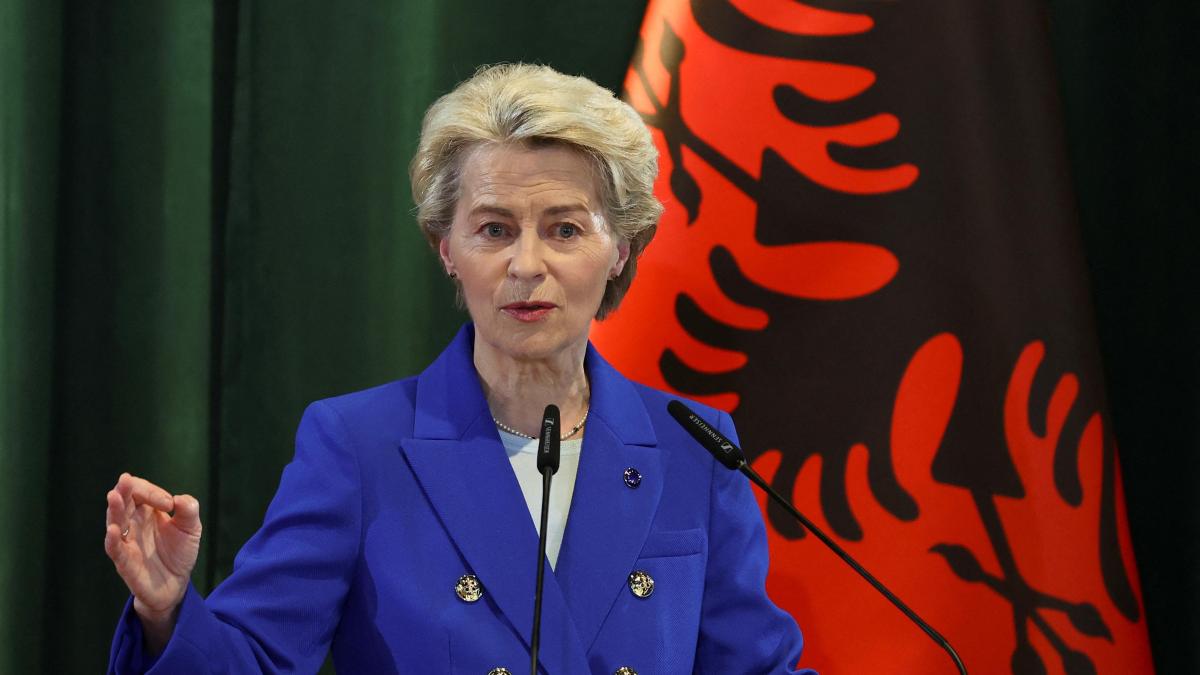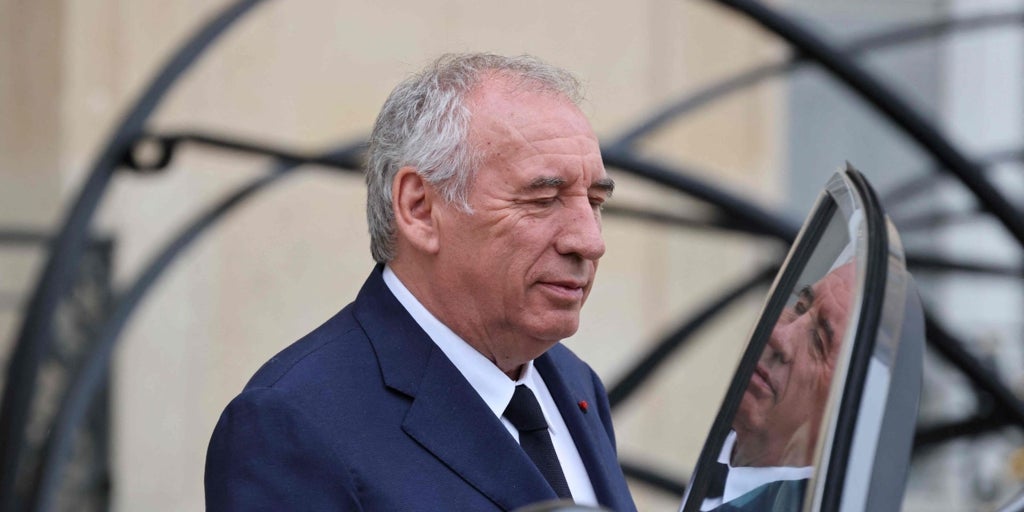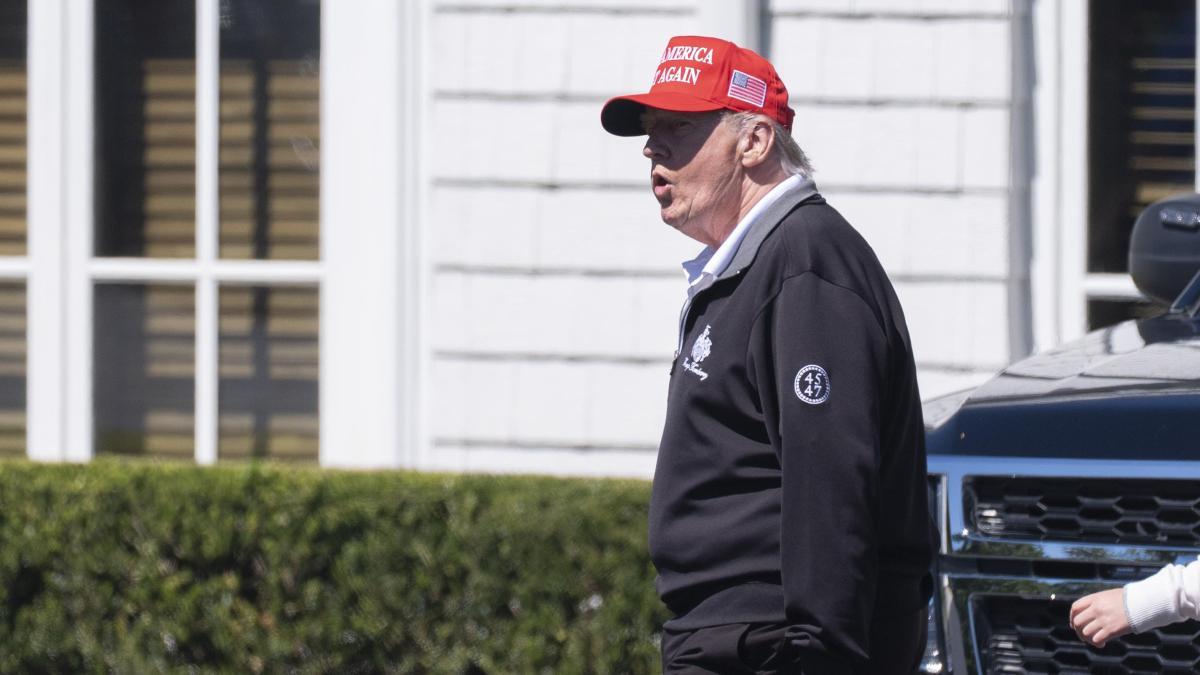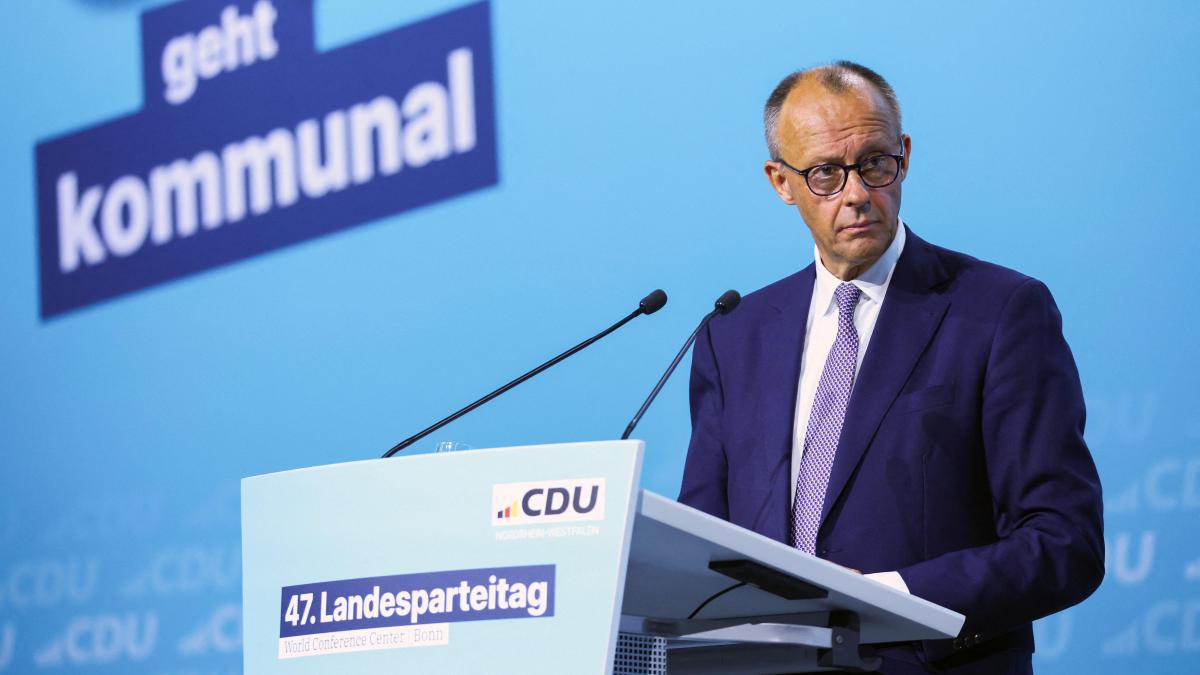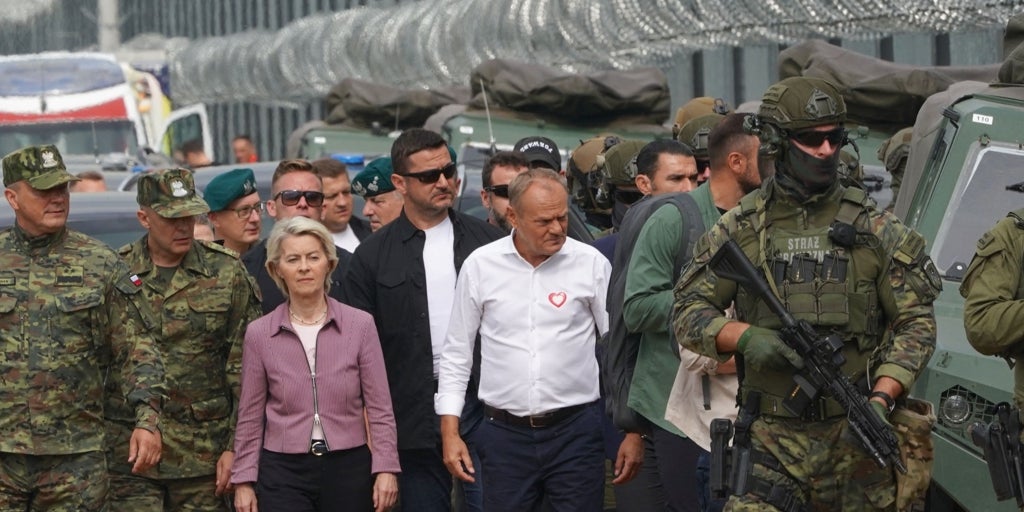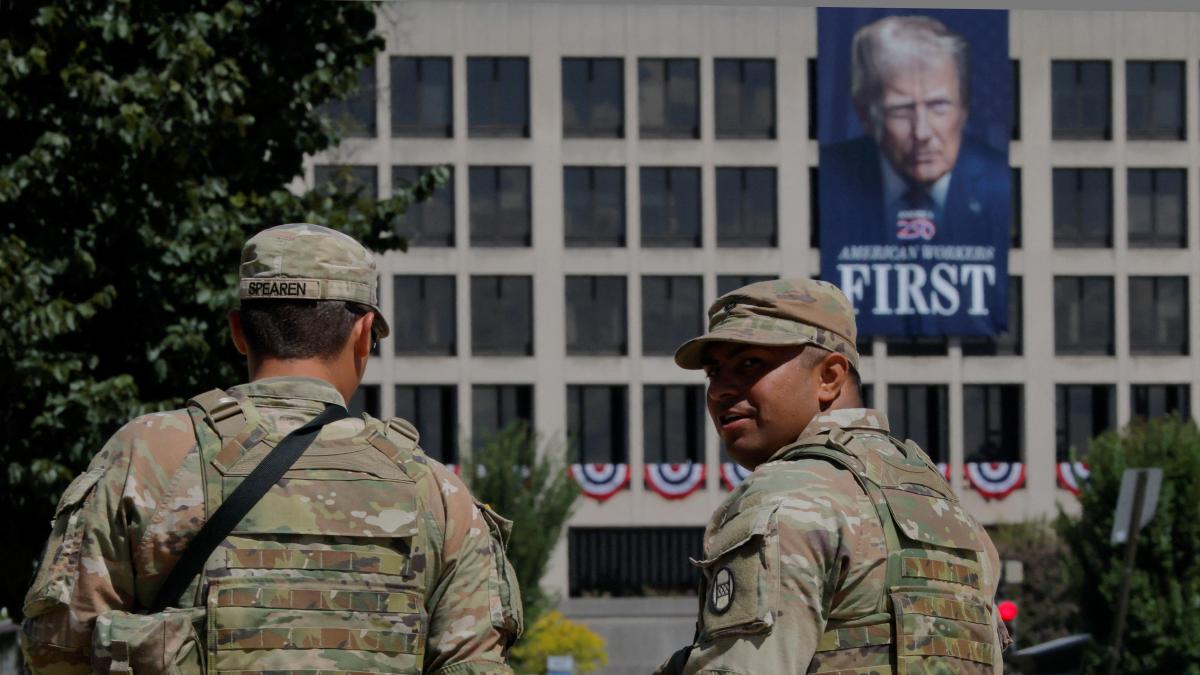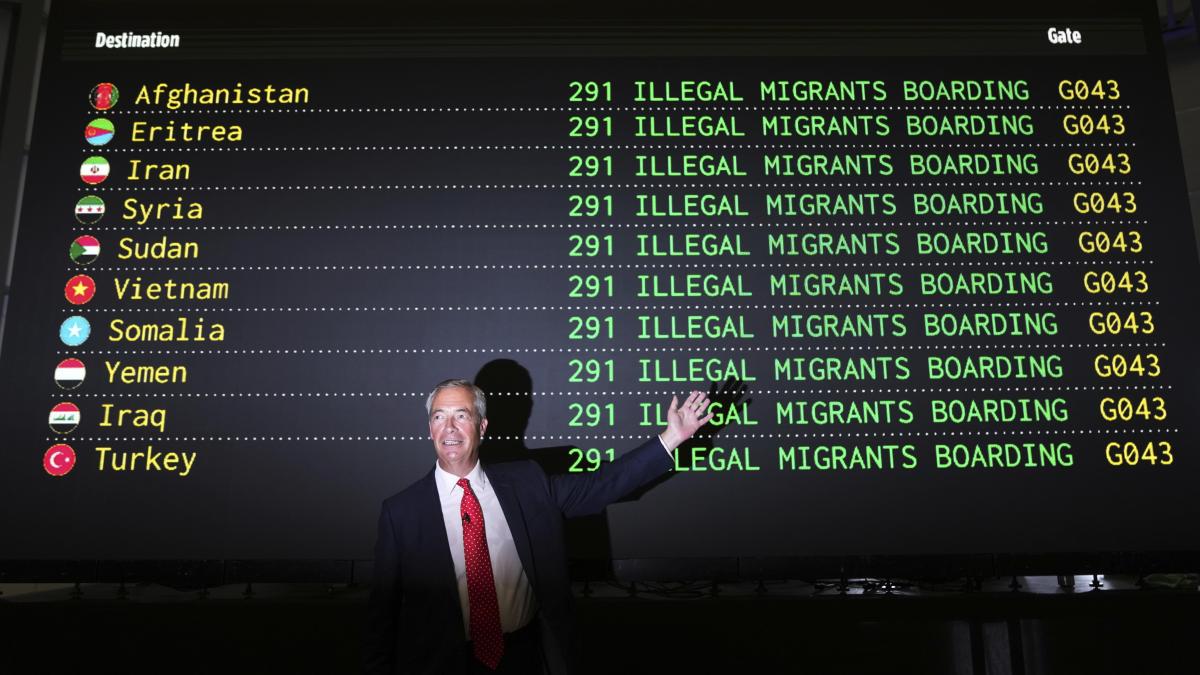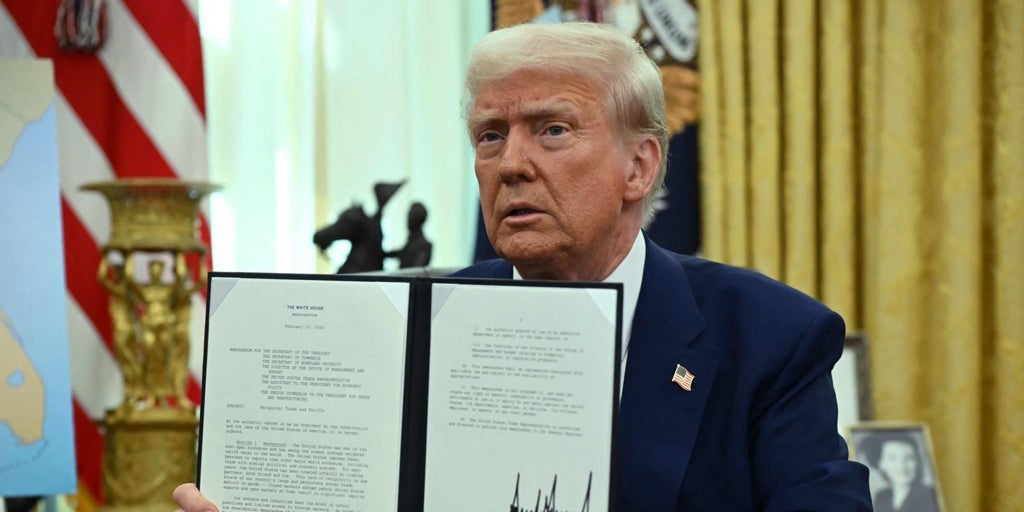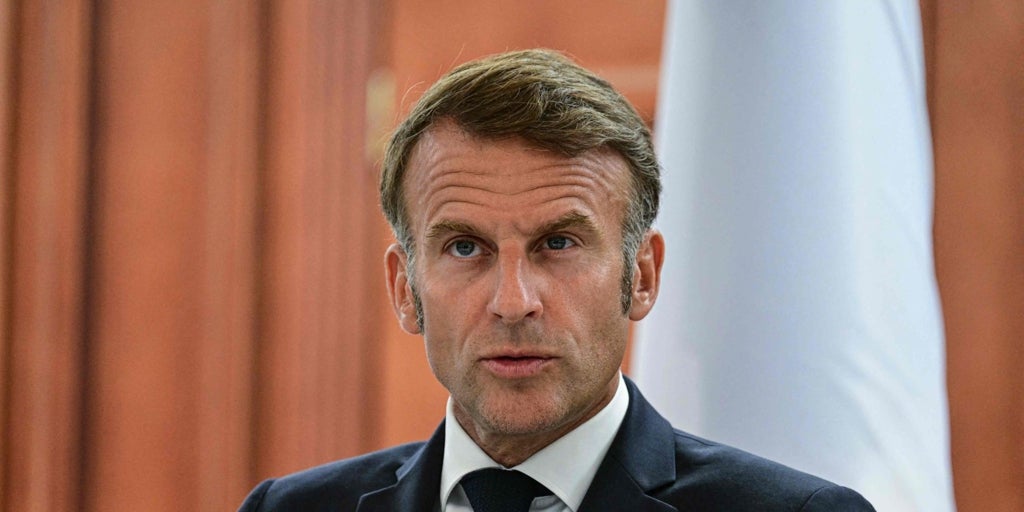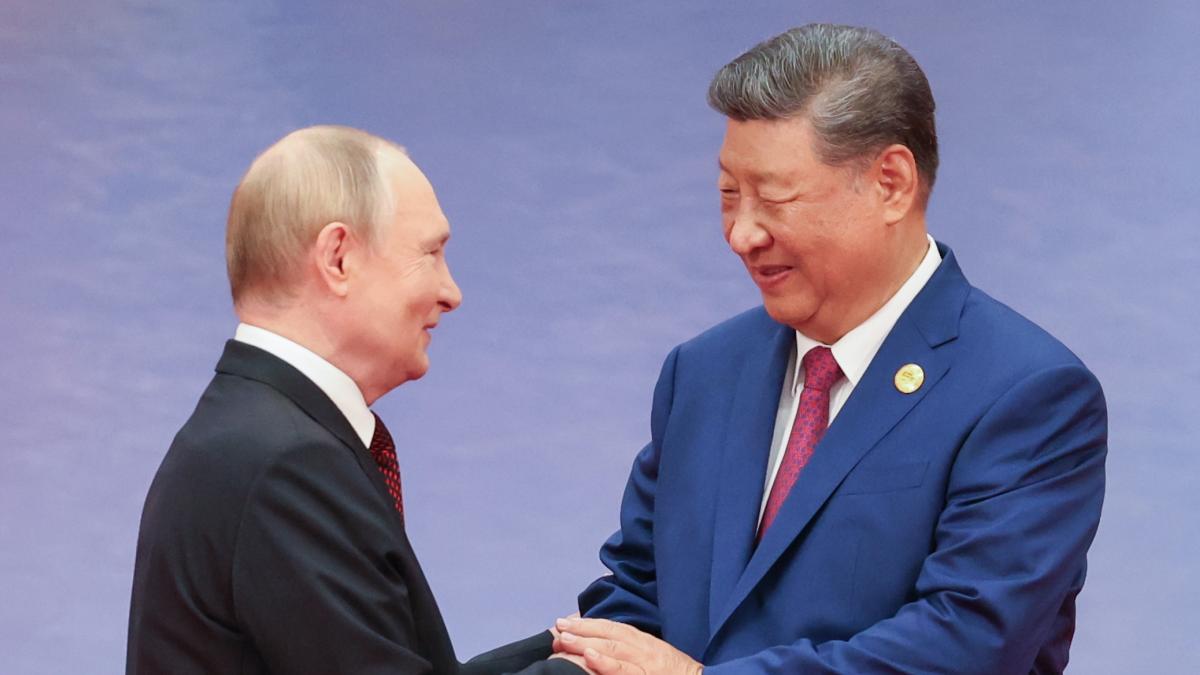Strategic Alliance: EPP and Socialists Unite for Commission Vote
In an unexpected twist in European political dynamics, the European People’s Party (EPP) and the European Social Democrats are moving towards a rapprochement that could potentially reshape the governance of the European Commission. After a week marked by intense cross-vetoes and political maneuvering, both parties are now on the verge of reaching a consensus on the contentious appointments within Ursula von der Leyen’s team.
The tensions escalated dramatically following the demands from the Spanish EPP for the dismissal of Teresa Ribera as Competition Commissioner, while the Socialists rejected the Italian Raffaele Fitto and Hungarian Olivér Várhelyi. These back-and-forth tensions have sparked fears of a governmental deadlock, but recent developments suggest that a synchronized vote on the six executive vice presidents, including Ribera and Fitto, could soon go to the floor of the European Parliament.
Notably, high-level discussions involving key figures such as Pedro Sánchez and Ursula von der Leyen took place at the recent G-20 summit in Brazil. The pressure appears to be mounting from Spain, which is eager to smooth over these disputes and facilitate a swift resolution. According to European parliamentary insiders, the expectation is for a comprehensive vote as early as next week during the Strasbourg plenary session.
A pivotal meeting is scheduled for tomorrow, where Manfred Weber, leader of the EPP, and Iratxe García, leader of the European Social Democrats, will discuss strategies alongside liberal allies. This summit signifies the urgent need for coalition-building, marking a potential shift from a confrontational stance to a collaborative effort aimed at unblocking the current impasse.
Decision-Making in Crisis Management
As tensions rise within the EU during an uncertain international climate, government officials have emphasized that the overriding concern should not be squabbling over individual appointments but rather the necessity of presenting a united front. “The strategic decision is to reach a consensus that protects Europe in a particularly dangerous international scenario,” a government source stated, highlighting the necessity of solidarity among member states in light of Donald Trump’s influence from the United States.
This perspective suggests that compromises may be on the table—possibly communications from Von der Leyen or a reconsideration of Várhelyi’s portfolio to alleviate tensions surrounding his potential influence on sensitive topics like abortion.
Intrigues of the Spanish PP and the Socialists
Yet, not all parties are keen to follow a unified path. The Spanish PP has not relinquished its opposition, indicating that they may resort to underhanded tactics to undermine Ribera’s nomination. Sources reveal a firm stance: even as negotiations unfold, the PP remains resolute in its opposition, labelling Ribera’s tenure—a period that included over 200 fatalities attributed to flood mismanagement—as unacceptable. They assert distinctly, “We are not worried about breaking with Von der Leyen; we are worried about our country,” reflecting a sentiment that prioritizes national interests above party affiliation.
Alberto Núñez Feijóo, the leader of the PP, further escalated rhetoric by accusing the Socialists of flirting with extremist right-wing elements in European politics. He contended that their willingness to compromise illustrates the flexibility of their values, stating, “You see that the sanitary cordons last as long as it takes for the PSOE to need the commissioners of the extreme right.” This accusation underscores the deep political schisms within European politics, as various factions vie for power and influence.
The Stakes of Unity in Governance
As the drama unfolds, the implications of EPP and Socialists collaborating cannot be overstated. Should they manage to navigate these complex discussions successfully, they could set a precedent for future bipartisan governance, essential for addressing the myriad challenges facing the EU, including economic recovery, migration, and climate change. Such an alignment signals a strategic pivot away from partisan deadlock towards cooperative policy-making that is crucial in a time of geopolitical uncertainty.
Ultimately, tomorrow’s meeting promises to be a crucial turning point. The outcome could either reinforce a collaborative governance model within the EU or further entrench the divisions that have characterized recent elections. Should the EPP and Socialists find common ground, it could pave the way for a new chapter in European politics—one defined by negotiation rather than conflict and driven by the imperative for stability in an increasingly turbulent world.

